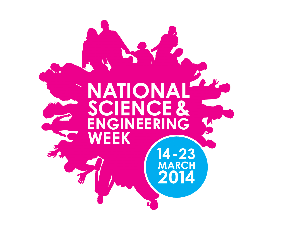 The Engineering Development Trust provides STEM (science, technology, engineering and mathematics) enrichment activities for UK youth.
The Engineering Development Trust provides STEM (science, technology, engineering and mathematics) enrichment activities for UK youth.
Work related learning schemes provide opportunities for 11-21 year olds to enhance their technical, personal and employability skills through industry-led projects, industrial placements and specialised courses.
EDT develops partnerships, build links between education and industry and helps organisations reach talent and connect with young engineers and scientists across the UK.
The EDT portfolio includes:
First Edition Hands-on STEM activity days for Year 7-11 & S1-S5 (11-16 yr old) students. Providing opportunities for under-represented groups (girls, ethnic minorities, first in family to consider higher education).
Open Industry Curriculum focused in-company educational experiences for students of all ages.
Go4SET Environmental themed 10 week STEM projects for Year 8/9 & S2 (12-14yr old) pupils.
Engineering Education Scheme (England & Scotland) Real life 6 month STEM projects for Year 12 (16-17yr old) students.
Headstart STEM experience courses at university for Year 12 & S5 (16-17yr old) students.
The Year in Industry Paid career development work placements for students completing
A levels/Scottish Highers/equivalent qualifications or as part of a university sandwich year.
Download further information regarding EDT’s events programme:
EDT Schools Programmes 2013-14
edt scotland events calendar 2013-14
To access EDT’s website:
















